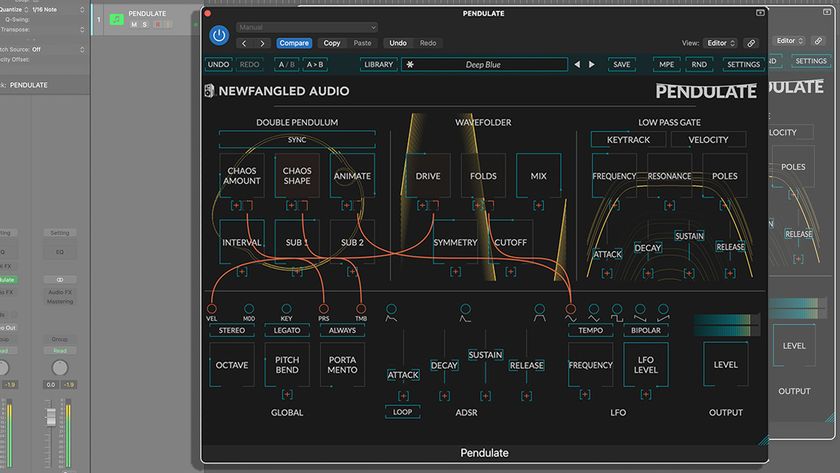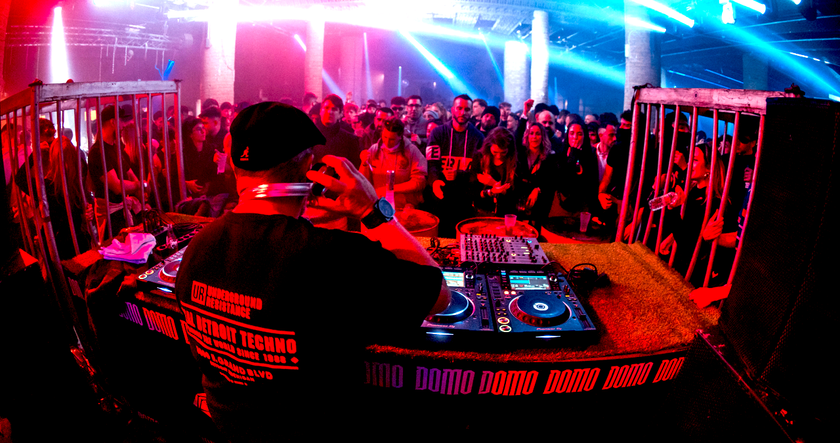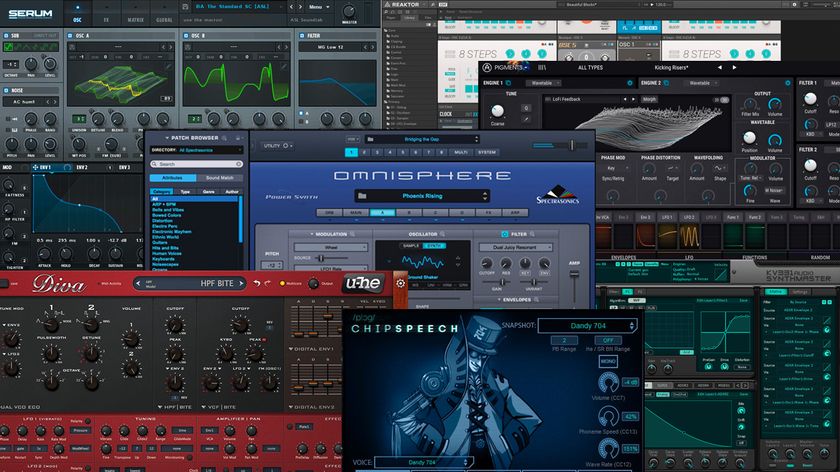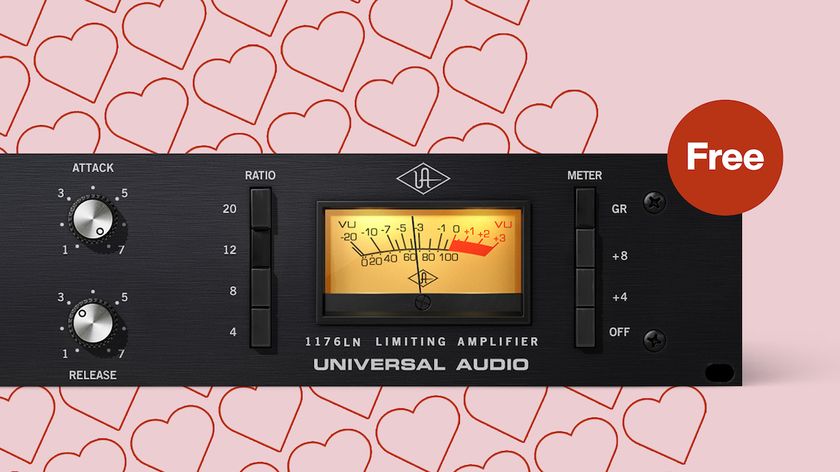Where should I back up my music data?
A guide to physical media and cloud storage options
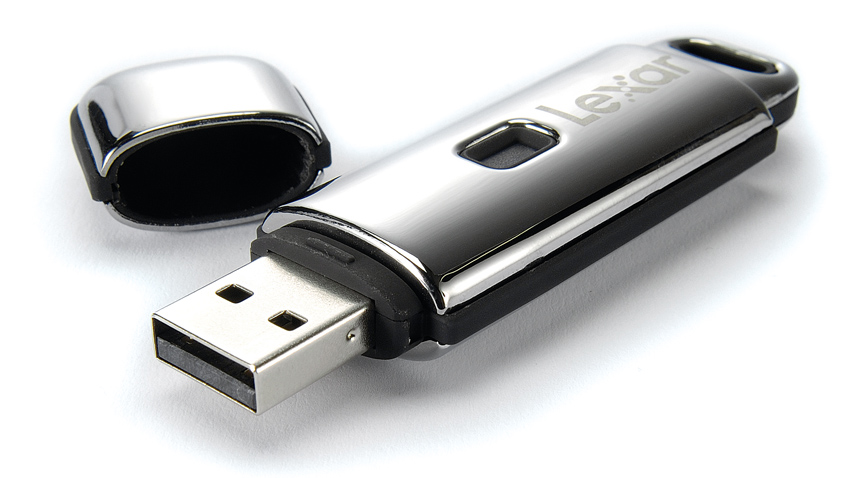
We've seen plenty of digital storage options come and go over the years. Remember the Jaz drive? No? Neither does anyone else, yet it was a viable medium in its day, and was even built into some of the very first standalone hard disk recorders. Introduced in 1995, it was gone by 2002.
So why bring it up? To emphasise the transient nature of computer technology: nothing is future-proof. Consider: As of this writing, there is only a single Mac model with a built- in CD/DVD drive. We're not going to signal the death knell of the CD/DVD just yet, but it's clear that the times are, as ever, a-changin'.
Currently, our hope lies not in the media itself, but in the way it connects to our computers. USB 3.0 is fast and reliable, and there are loads of external storage options available, primarily in the forms of the thumb drive, external hard drives and solid state drives. Prices are plummeting on the latter two, with a couple of terabytes of hard disk storage available for well under a hundred pounds.
"Currently, our hope lies not in the media itself, but in the way it connects to our computers."
Apple very much want to provide you with another option in the form of Thunderbolt peripherals. This lightning-quick connection protocol hasn't yet become as ubiquitous as the company would like, but Apple users have the option of Thunderbolt-based drives and drive arrays. Many third-party drives offer compatibility with both USB and Thunderbolt ports.
These solutions are ideal for the massive storage needs of desktop music producers and are especially good for backing up your entire system, apps, OS and all.
USB thumb or stick drives are likely suitable only for less demanding tasks. You can indeed get one with a full terabyte of storage, but it could set you back nearly a thousand pounds. Still, for intermittent and safety backups of your projects and documents, the thumb drive remains an inexpensive, convenient option.
Cloud storage
Let's get something straight: cloud-based storage is simply online storage. It's been around for yonks, but only recently have advertisers slapped on the buzzy moniker. The idea is that you purchase an online storage scheme, install the required software and schedule when, where and what you want backed up. Once done, the backup will be automatic.
Get the MusicRadar Newsletter
Want all the hottest music and gear news, reviews, deals, features and more, direct to your inbox? Sign up here.
Some companies offer free storage up to a certain limit. Jottacloud offers a free plan for backing up computers and mobile devices with a limit of 5GB, while Symform provides 10GB. Dropbox has a free option and is handy for backing up specific files, but you have to copy them into the Dropbox folder, so it's more a sort of virtual USB drive.
Free accounts are useful, but hi-res audio and massive projects will soon leave you gasping for more, at which point you may have to pay up to get a serious amount of storage - money well spent, we'd argue. Crashplan is a particularly popular paid-for online backup scheme, offering - yes! - unlimited storage.
Computer Music magazine is the world’s best selling publication dedicated solely to making great music with your Mac or PC computer. Each issue it brings its lucky readers the best in cutting-edge tutorials, need-to-know, expert software reviews and even all the tools you actually need to make great music today, courtesy of our legendary CM Plugin Suite.

"If I wasn't recording albums every month, multiple albums, and I wasn't playing on everyone's songs, I wouldn't need any of this”: Travis Barker reveals his production tricks and gear in a new studio tour

“My management and agent have always tried to cover my back on the road”: Neil Young just axed premium gig tickets following advice from The Cure’s Robert Smith

![Chris Hayes [left] wears a purple checked shirt and plays his 1957 Stratocaster in the studio; Michael J. Fox tears it up onstage as Marty McFly in the 1985 blockbuster Back To The Future.](https://cdn.mos.cms.futurecdn.net/nWZUSbFAwA6EqQdruLmXXh-840-80.jpg)
